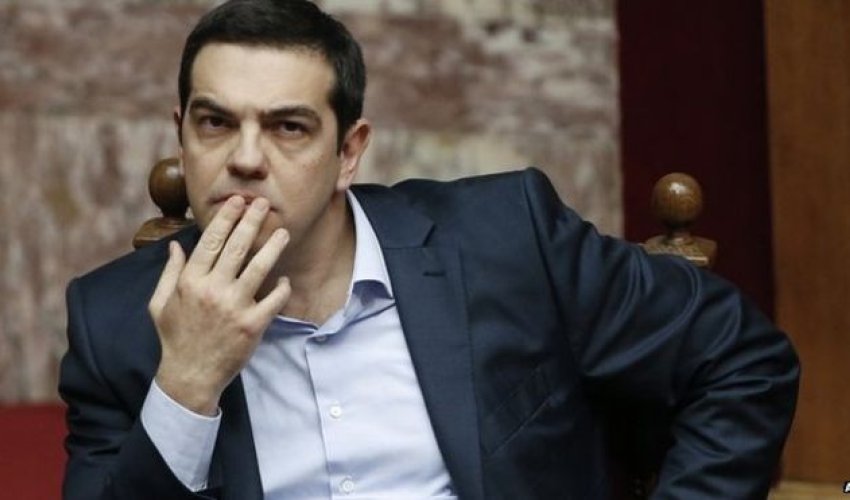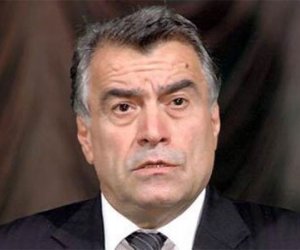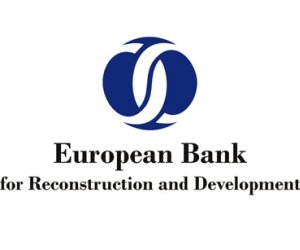US alarmed by Greek energy alliance with Russia

The US is scrambling to head off a Greek pipeline deal with Russia, fearing a disastrous change in the strategic balance of the Eastern Mediterranean as Greece’s radical-Left government drifts into the Kremlin’s orbit.
Ernest Moniz, the US Energy Secretary, said his country is pushing for an alternative gas pipeline from Azerbaijan that would help break the stranglehold that Russian state-controlled firm Gazprom has on European markets.
"Diversified supplies are important and we strongly support the ‘Southern Corridor’ to bring Caspian gas to Europe,” he told a group of reporters on the margins of CERAWeek oil and gas forum in Houston.
He insisted that it was vital to uphold "collective energy security” in Europe.
Greece’s foreign minister, Nikos Kotzias, said Gazprom made a "very good offer”, with guaranteed gas supplies for 10 years at good prices. He asked how his Syriza government could justify turning down such an opportunity unless the Western powers could come up with something better.
The once-unlikely "Turkish Stream” deal with Russia has suddenly become a stark reality as President Vladimir Putin seizes an opportunity created by the eurozone’s inept handling of the Greek crisis. Under the terms of the offer, Russia would supply 47bn cubic metres (BCM) of gas to Greece, generate much-needed revenue for the Greek authorities, create 2,000 jobs and turn the country into an energy hub.
Sources in Athens have confirmed to The Telegraph that it could also bring €3bn (£2.2bn) to €5bn in advance payments, greatly alleviating Syriza’s budget strain as it raids local authority funds in a last, desperate attempt to put off default.
The deal was due to be signed on Tuesday, but overtures from Washington caused a delay, much to the irritation of the Russians. The talks were complicated by Greek complaints over Gazprom’s tough line on "take-or-pay” violations by the Greek natural gas company DEPA, whereby it was required to pay for unused gas.
It is now clear that Greece is playing every possible card in an escalating form of four-way brinkmanship, in this case trying to play off Washington against Moscow.
This is a high-risk strategy as it risks irritating Syriza’s increasingly exasperated friends in the White House, all the more so as tensions between Russia and the West flare up again over Ukraine. It also risks pushing Moscow too far.
Mr Kotzias said after a trip to Washington this week that the US is preparing a "counter-offer” and will send an emergency mission to Athens in coming days, led by the State Department’s energy troubleshooter, Amos Hochstein.
Greek premier Alexis Tsipras met Gazprom’s chief executive, Alexey Miller, in Athens earlier this week but few details have emerged. The discussions have a deliberate air of mystery, seemingly intended to keep everybody off balance.
(Telegraph)
www.ann.az
Similar news
Similar news
Latest news 
More news 
































 Photo
Photo 



 Video
Video 

